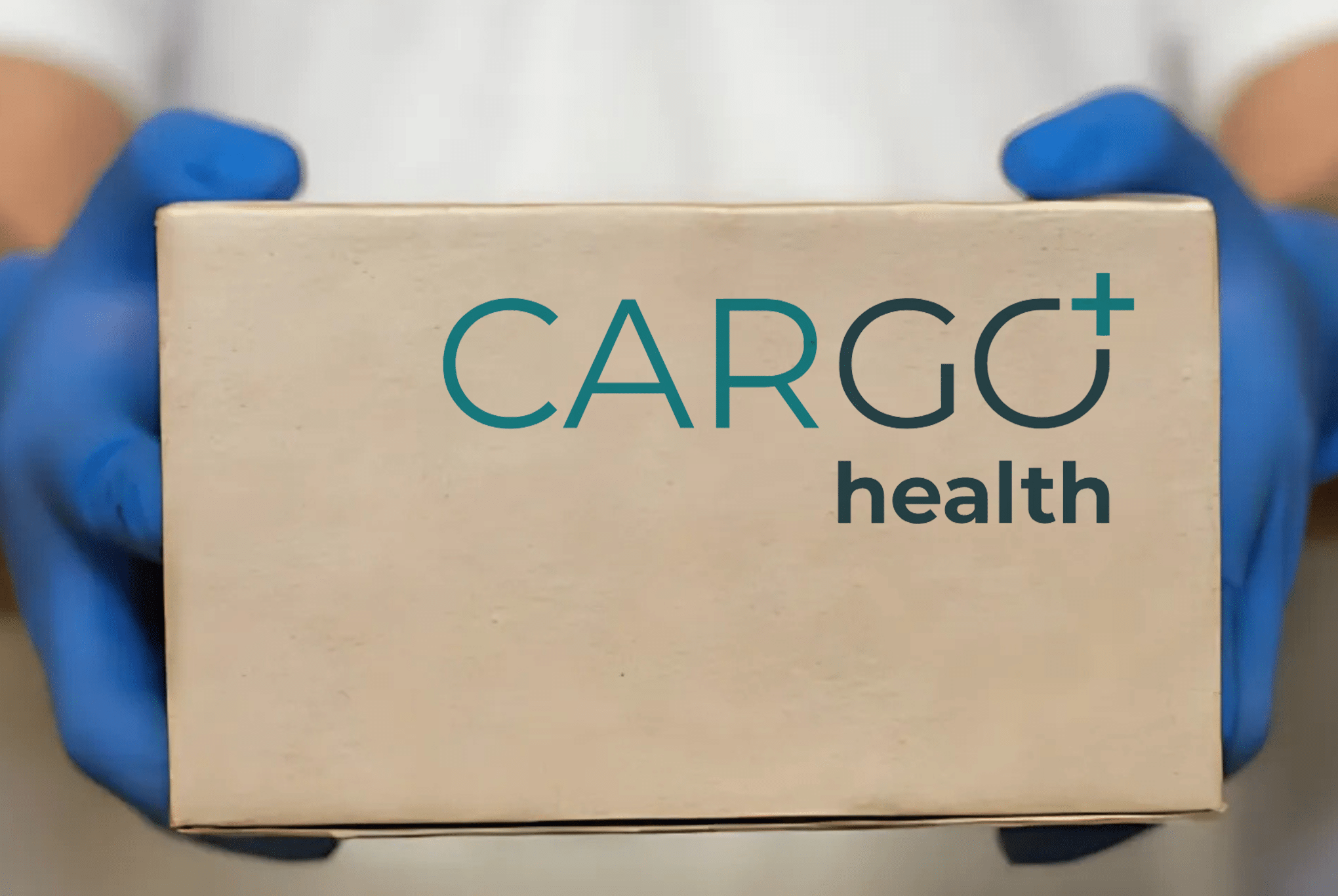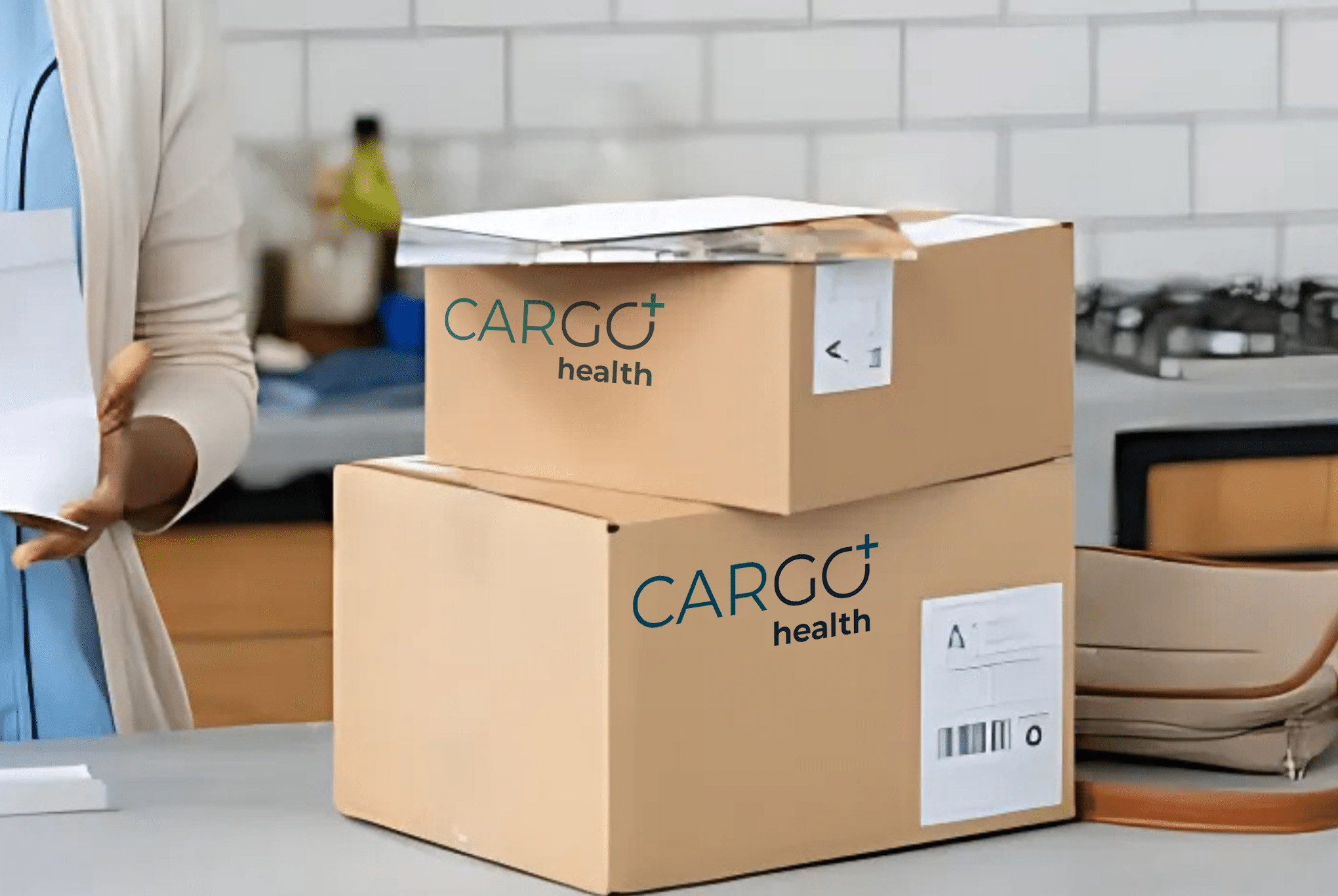The Critical Role of Medical Courier Services in Healthcare Logistics

Efficient healthcare delivery requires precision, especially when it comes to medical logistics. Medical courier services are the backbone of a system that demands accuracy, confidentiality, and reliability. These specialized services ensure the safe transport of time-sensitive medical supplies, including lab specimens, medications, and equipment, crucial to saving lives and maintaining healthcare operations.

Precision and Security in Medical Deliveries
Unlike standard courier services, medical couriers operate under stringent guidelines to ensure compliance with healthcare standards. They adhere to protocols such as HIPAA (Health Insurance Portability and Accountability Act) to maintain patient confidentiality and utilize temperature-controlled transport for sensitive biological materials. These measures mitigate risks of contamination, spoilage, or breaches in privacy.
Speed and Reliability: A Healthcare Imperative
In the medical field, timing is often critical. Medical courier services prioritize expedited delivery, leveraging optimized routing technologies and real-time tracking systems. This enables healthcare providers to track shipments and make informed decisions based on reliable timelines.
Specialized Training for Personnel
The personnel involved in medical courier services are trained to handle medical specimens and equipment with care and precision. They are well-versed in maintaining the integrity of samples and ensuring that all transported items meet regulatory and safety standards.
The Integration of Technology
Modern medical courier services utilize advanced technologies such as GPS tracking, barcode scanning, and automated notifications. These tools enhance transparency, ensuring healthcare providers remain updated about delivery status and potential delays.
Key Benefits for Healthcare Providers
- Reduced Risks: Medical couriers minimize risks associated with lost or mishandled medical shipments.
- Improved Patient Outcomes: Faster and more reliable delivery of lab results and medications contributes to timely treatments.
- Cost Efficiency: Outsourcing medical logistics eliminates the need for in-house fleets, reducing operational costs for healthcare facilities.
Selecting a Reliable Medical Courier Service
Healthcare providers should prioritize service providers with a proven track record, adherence to industry standards, and advanced logistics solutions. The ability to handle sensitive shipments with precision and speed is a key determinant of reliability.
Final Thoughts
Medical courier services are a pivotal component of modern healthcare systems, ensuring the secure and efficient transport of critical supplies. With their specialized training, regulatory compliance, and use of advanced technologies, these services enable healthcare providers to focus on their primary mission: delivering quality patient care.








